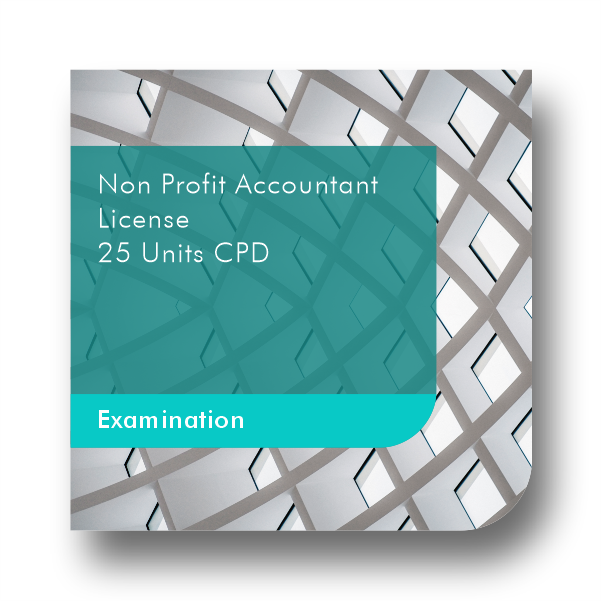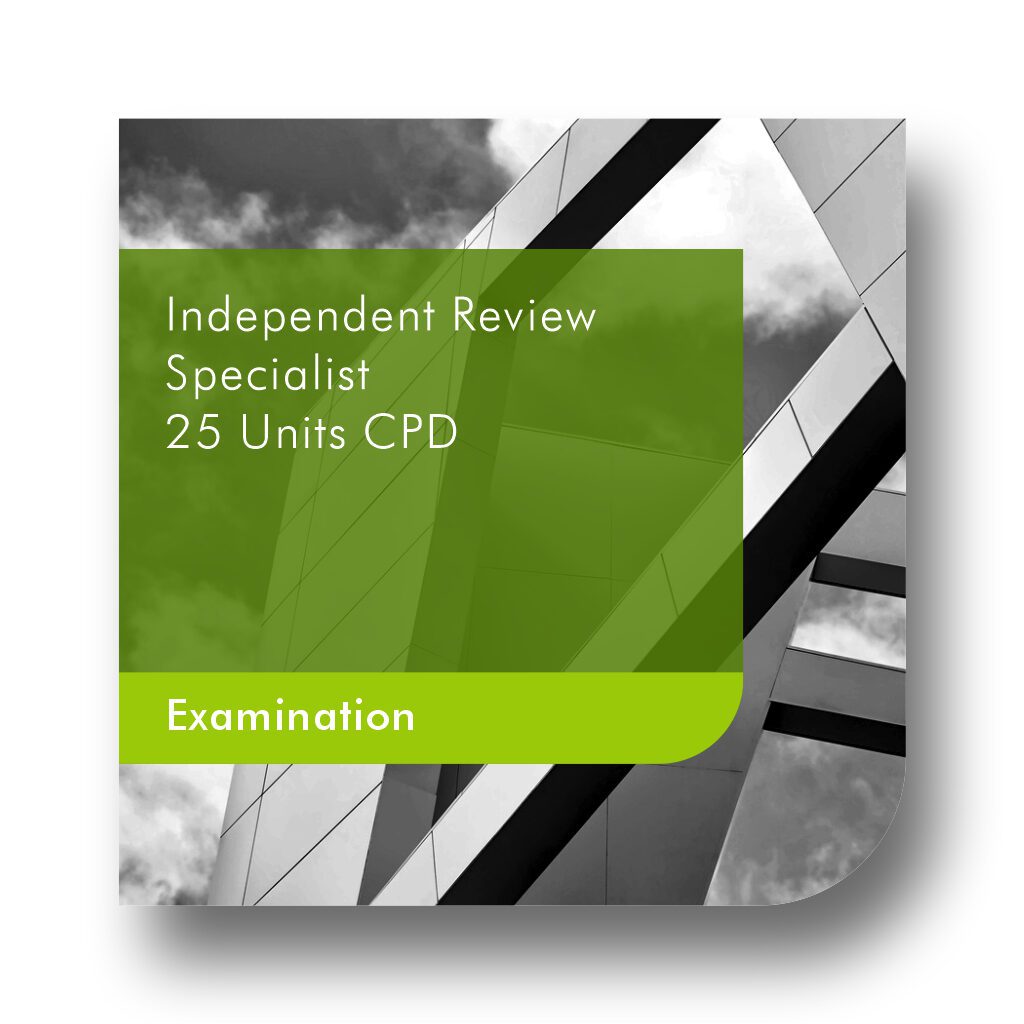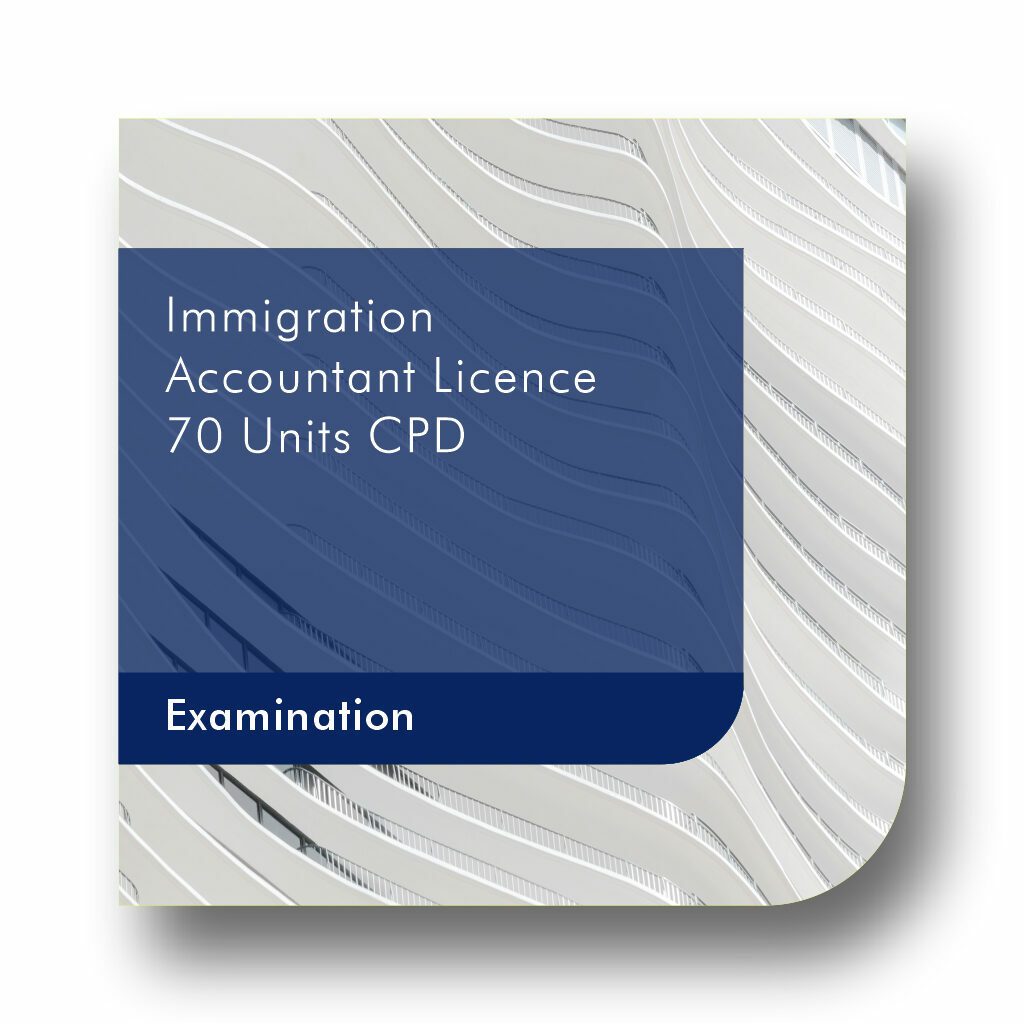
Non-Profit Accountant License
Available from
CPD
Course Category:
Specialise in the accounting and financial reporting of NPOs, NPC, Schools and NGOs.
R 2500 VAT Incl.
Product Information
Description
South Africa is home to over 250,000 registered Non-Profit Organisations (NPOs), each striving to make a significant impact on our communities.
These vital entities require specialised accounting expertise to ensure compliance, strategically optimize resources for sustainable growth, and navigate the complexities of the IFRS for NPOs and PBO status with SARS.
The Chartered Institute for Business Accountants (CIBA) offers you the chance to gain this expertise and elevate your professional horizons by becoming a licensed NPO Accountant.
This unique opportunity allows you to:
- expand your client portfolio,
- build valuable business networks, and
- become an agent of change.
Our comprehensive curriculum covers distinctive NPO:
- financial management,
- compliance,
- NPO Act and reporting,
- IFRS for NPOs,
- Section 18 of Income Tax Act and PBO status,
- donor funding and more.
Mastering these skills, you empower NPOs to operate more effectively, drive change, and foster resilient communities.
Are you ready to leverage your accounting expertise to make a meaningful difference?
Join the CIBA community of passionate accountants today. Together, we can revolutionize the NPO sector, elevate your professional standing, and contribute to the betterment of our world.
We have partnered with the DSD and ANNET to access the 250000 NPOs through training and volunteer support.
If you complete the license we can connect you with 1000s of NPOs.
What you will learn
The objective of this license is to equip Business Accountants with the designations BAP(SA) or similar to:
- Be able to compile accounts from incomplete records to assist non-compliant NPOs during the DSD deregistration campaign to become compliant
- Understand the basic concepts of effective marketing strategies and familiarise yourself with the latest industry trends and technologies to increase your income potential.
- Develop their skills in charity and non-profit organisation accounting, financial management, and financial reporting.
- Develop a specialist knowledge of the Non-Profit Organisations Act, 71 of 1997 and Income Tax Act provisions regarding Public Benefit Organisations.
- Recognise the financial statement presentation and disclosure requirements that apply to not-for-profit entities.
- Identify Department of Social Development and SARS filing requirements of an exempt organisation, recognise the core components of the annual information return, and identify when an NPO may be subject to unrelated business income tax.
- Recognise best practices in NPO board governance, risk assessment and internal controls.
- Identify steps involved in planning a successful audit, review or accounting officer engagement and identify key considerations and client communications.
Price
The following pricing apply: R2,500.00.
Annual renewal fee from R 550.00
No incorrect purchases will be refunded. Please ensure that you comply with the requirements listed within the products. No refunds will be made should you not comply with the requirements. If you are unsure whether you comply, please contact academy@saiba.org.za.
Content
Unit 1 – Introduction to Non-profit Entities (NPE)
This unit offers an understanding of the NPO lifecycle, from inception and registration to management, governance, compliance and fundraising. It introduces the various types of NPOs, terminology, the differences in organisational structures and financials. Topics included:
- Identify the unique aspects of NPEs.
- Understand the differences between for-profit entities and NPEs.
- Recognise the various types of NPEs.
- Identify NPE-specific terminology.
- Identify the basic financial statement presentation differences between for-profit entities and NPEs.
- Identify examples of the differences in the organisational structures of for-profit entities and NPEs.
- Understand the provisions relevant legislation affecting NPEs including the Non-Profit Organisations Act, 71 of 1997, Companies Act, 71 of 2008 (NPC), and Income Tax Act provisions regarding Public Benefit Organisations.
Study Unit 2 – Public Schools
Public schools in South Africa play a significant role within the non-profit industry. This unit provides an overview of the legislation, the structure and governance of public schools, as well as the engagement framework that can be applied by accounting officers when examining and reporting on the records and financial statements. Topics included:
- The legislative framework
- The role of the Department of Education
- School Governance
- Internal Controls in public schools
- Preparing Financial Statements
- Audit vs Examination
- Framework for the examination of the financials
- Ethnical requirements
- Standardised procedures to be performed at each school
Study Unit 3 – Financial Reporting
Gain practical tips and guidance on the duties of an Accounting Officer for NPOS relating to accounting and financial reporting with specific examples relating to Voluntary Associations, Non-Profit Companies and Trusts. An illustrative engagement letter and management representation letter are included. The following topics are discussed:
- Compiling accounts from incomplete records
- GAAP for NPEs
- Financial Statement Presentation
- Assets
- Investments
- Programmatic Investments
- Split-interest Agreements and Endowments
- Liabilities
- Fair Value Issues Specific to NPEs
- Net Assets
- Revenue from Contributions
- Exchange and Agency Transactions
- Expenses
Study Unit 4 – Taxation
The unit offers an overview of the Tax Act provisions related to Public Benefit Organisations (PBOs), including Section 18A receipting for donations. You will delve into the split between taxable and non-taxable income, the rules regarding Section 18A certificates, the legislation applicable to the issue of Section 18A certificates and the special VAT treatment applicable to NPOs. The following topics are included:
- Tax compliance
- Meaning of exempt purpose
- Related vs. unrelated activities
- Definition of unrelated business income
- Consequences of excessive unrelated business income
- Exempt vs. non-exempt income
- Statutory exemptions and exclusions
- SARS Filing Requirements
- Special Vat Treatments
Study Unit 5 – Governance
Governance is crucial in non-profit organisations.The unit explains the stakeholders responsibility towards good governance, provides key insights and an overview of the governance requirements. The following topics are included:
- Best Practices in Board Governance
- Risk Assessment and Internal Controls
- Fraud Overview and Prevention
- Auditing, Review, Accounting officer, Compilation considerations
- Planning the professional engagement
- Financial Oversight, Budget and Strategy
Study Unit 6 – Marketing (Bonus Material!)
The unit provides valuable insights and practical tools to boost the marketing efforts of NPO accountants and covers strategies for raising awareness, customer retention, utilising technological tools, exploring lead generation sources, and seeking funding opportunities. Specific examples are provided of social media posts and flowcharts that can be used for more effective communication with customers. The following topics are included:
- Funding opportunities and funding leads
- The Marketing Plan and strategy
- Sources to drive leads
- Fast-vertising (do what Ryan Reynolds does)
- Flowcharts for effective communication
- Social media post templates
Requirements
The entry requirements to enroll are as follows:
- a BAP(SA) (CIBA designation) OR an equivalent designation with another professional body equivalent at NQF level 7 plus
- a minimum of 3 years of general accountancy experience.
Take note that a designation holder of another professional body will be required to pay the CIBA Associate membership fee of R1,360 per year in addition to the license.
Study material
The study material consists of:
- CIBA guides (included in license fees) and
- recommended external textbooks (for your own account).
External purchases are subject to your level of expertise and experience. Links to the external textbooks are provided within the content. The list of recommended external textbooks consists of 4 textbooks at the cost of +/- R1,500:
- School Governance
- Financial Management in Public Schools
- Practical Financial Management for Non-Profits
- Governance for Non-profit Board
The following CIBA guides and additional study material are provided:
- CIBA introductory guide to NPOs,
- CIBA Guide to the General Laws Amendment Act changes to South African entities,
- CIBA guide on the DSD de-registration campaign for NPO,
- CIBA guide to Compiling Accounts from Incomplete Records,
- CIBA NPO Accountant Marketing Pack,
- Example of a Model Constitution,
- Sample of Acknowledgement letter of registration from DSD,
- Sample of Acknowledgement of receipt of annual reports from DSD,
- Copy of the Reworked Narrative Report Format,
- Copy of the NPO Act Legislation (1997, 1998 and 2000 Amendments of 2000),
- Copy of SARS guides relating to non-profit organisation, and
- Copy of the DSD’s Model Codes of Good Practice.
Assessment
To obtain the license you need to provide evidence of competence in the specialist area. This evidence is presented by successfully completing an assessment. The assessment is set by an independent industry expert and accredited by CIBA.
Presenters
Alice Jones
Alice established her practice in 1994 after completing her articles at Deloitte and Touche. She is a registered Chartered Accountant (SA) and a member of the Independent Regulatory Board for Auditors. She has extensive experience and has established her firm in the niche of providing a comprehensive business consulting service to small entrepreneurs.
Ricardo Wyngaard
Ricardo is passionate about the non-profit sector and has been focusing on non-profit law since 1999. He is a lawyer by profession who has obtained his LLB degree at the University of the Western Cape in South Africa and his LLM degree at the University of Illinois in the USA. He has authored a number of articles and booklets on non-profit law and governance, some of which have been published in international journals. Ricardo has participated as a speaker at both national and international conferences and has facilitated countless workshops with NGOs and community-based organisations.
Additional Material
By enrolling in this exam preparation course, you will be provided with:
- Reference to the recommended external textbooks
- Study guides
- Illustrative reports and examples of Engagement letter
- Flowchart for effective communication
- Assessment
CPD
The successful completion of the course contributes to 25 hours CPD of which 25% (6.25 hours) can be claimed as allocation towards your accounting CPD hours, based on SAIBA’s CPD policy that CPD should be weighed according to different categories/topics.
Prospectus
Click here to view the brochure:
Non-Profit-License


